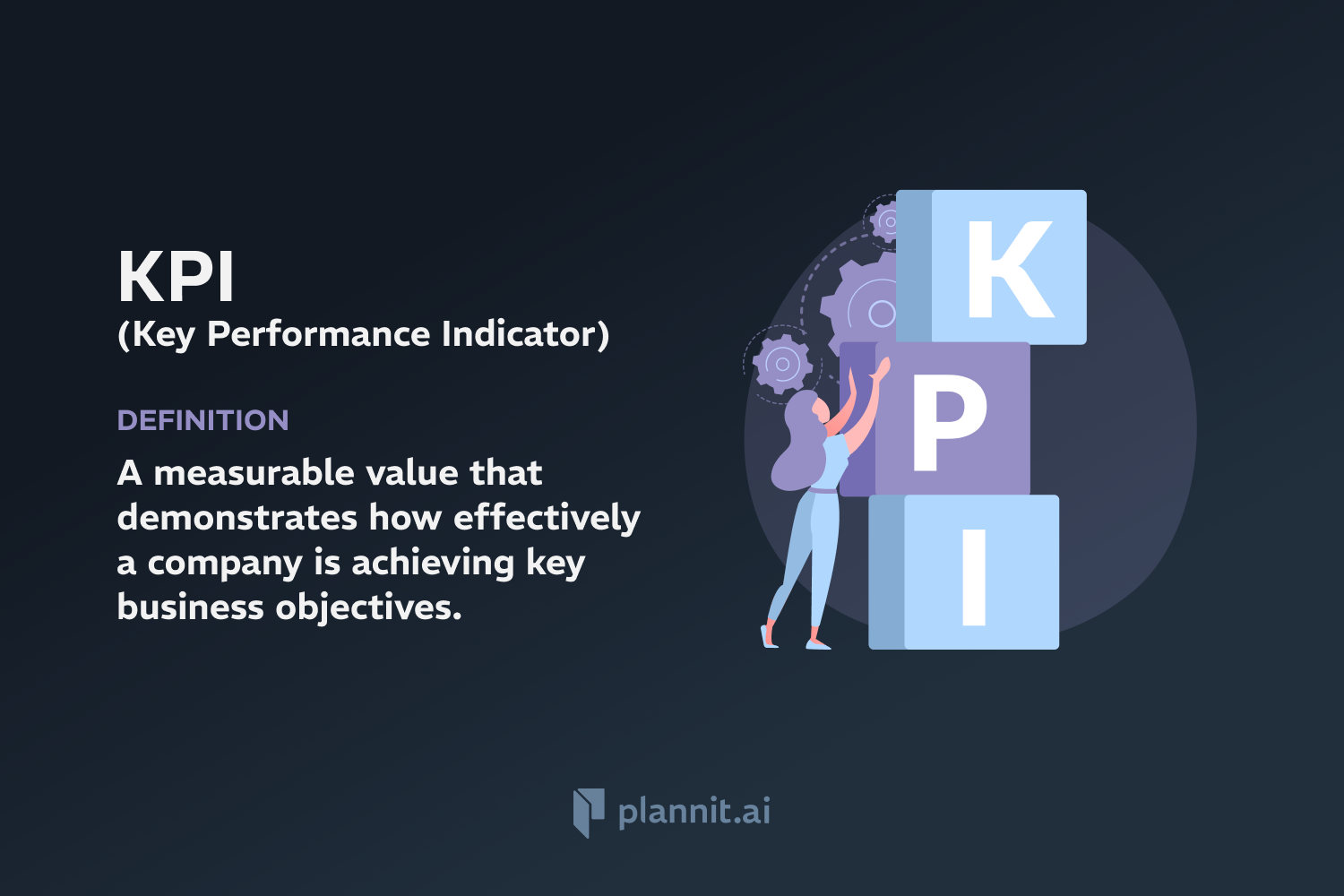Need Help With Your Business Plan?
Answer tailored questions and get a detailed business plan in minutes.
Venture Capital: Definition & In-Depth Explanation
Definition:
Venture Capital involves investors providing financing to startups and small businesses that are believed to have long-term growth potential. Unlike traditional bank loans, venture capital typically involves high risk and potentially high returns for the investor.
Context of Use:
Venture capital is a critical component in the fields of finance and entrepreneurship. It is often crucial for startups that do not have access to capital markets. It is particularly significant in the technology, biotechnology, and clean technology sectors.
Purpose:
The primary purpose of venture capital is to make early-stage investments to support companies during their formative years, when they are most vulnerable to financial and operational risks. This funding is essential for startups without access to large amounts of debt financing.
Example:
Silicon Valley Startups: Many leading tech companies were initially funded by venture capital, which enabled them to innovate and grow rapidly without immediate profit pressures.
Biotech Firms: Venture capital often funds research-intensive companies that require significant investment before bringing a product to market.
Related Terms:
Angel Investor: An affluent individual who provides capital for a business start-up, usually in exchange for convertible debt or ownership equity.
Private Equity: Investment funds that invest directly in private companies or engage in buyouts of public companies.
Seed Funding: The initial capital used to start a business, often coming from the company founders.
FAQs:
1. What is the difference between venture capital and traditional financing?
A: Venture capital typically involves high risk and potential for high returns, focusing on growth potential rather than current profitability, unlike traditional loans which require collateral and have lower risk.
2. How do venture capitalists make money?
A: Venture capitalists typically earn money through capital gains from their equity investments if a startup is sold or goes public.
3. What do venture capitalists look for in startups?
A: They look for innovative business models, a capable team, a large potential market, and the possibility of a high return on investment.
4. What stages of business do venture capitalists invest in?
A: They primarily invest in early-stage companies but also participate in later rounds of funding as needed.
5. Can venture capital investment influence company decisions?
A: Yes, venture capitalists often take an active role in company decisions, including holding positions on the board of directors, to protect their investment and guide the company toward success.
Get funding with a business plan that will impress investors.
Starting a New Business?



